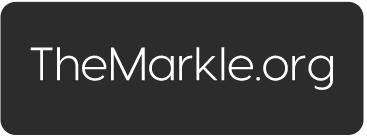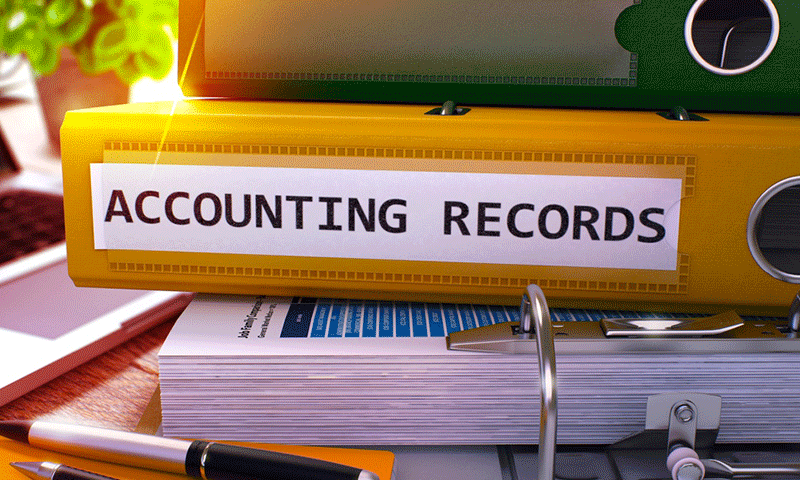The accounting books seem a formalism that is not usually given due importance until a good day is requested by the Tax Agency. Law 58/2003, of December 17, General Tax in its article 29 specifies that the taxpayers must “keep and keep accounting books and records, as well as the programs, files and computer files that support them and the systems of coding used that allow the interpretation of the data when the obligation is fulfilled with the use of computer systems.
What is the accounting record?
When we talk about accounting records at the business level, we usually refer to accounting notes or accounting entries, that is, the entries made in the accounting books to record all the economic movements of the company. These movements logically reflect income but also money outflows. In the first case, the inflows of money or equity are reflected in the credit , while the outflows of money are reflected in the debit .
As a general rule, the accounting records are reflected both in the Assets and in the Liabilities and this means that the total amount of the asset is always equal to the total amount of the liability. This occurs because accounting notes imply an impact on both assets and liabilities.
The accounting records are framed within the official accounting books that every company must keep and keep updated. On the one hand we find the Daily Book, and on the other the Book of Inventories and Annual Accounts.
In the Daily Book, which is also known as bookkeeping services are prepared annually; it is updated daily with all the movements related to economic activity. The first record that appears is the initial one that reflects the starting point of that company in the year. It is updated day by day through the accounting records and ends with the final entry reflecting the closing situation of the company in that year.
The Inventory Book is updated at least on a quarterly basis and it reflects the sums and balances of the balances as well as the closing inventory for the year.
Finally, the Annual Accounts are composed of different accounting reports: the balance sheet (shows the economic and financial situation of the company), the profit and loss account (reports the results of a company through the record of income and expenses), the statement of change in equity (complements the balance sheet information) and the annual report (provides additional data not detailed in the previous reports).
The fact of keeping an accounting record of the economic movements allows us several benefits such as having a clear picture of the financial situation of the company, historically recording all the operations that generate income and expenses, and being able to anticipate future needs. This is very important since at all times it is necessary to know the stock of products we have, the accounts receivable from customers, the debt we have with suppliers, the amount of returns, etc.
How to keep accounting books up to date?
The day to day of an autonomous or professional relegates in many cases administrative tasks to the background, however it is convenient to follow the recommendations that Sage presents in the following info graphic to keep the accounting books up to date:
- Keep all the information sorted by blocks.
- Collect information by blocks, differentiating bank receipts, invoices, inventories, payment receipts, etc.
- Use the balances of verification, which allow balancing the balances and movements of the different accounts, allowing detecting possible mismatches in the accounting.
- Stay alert in the last quarter of the year, as possible changes in the structure of the accounts are announced.
- Automate everything you can, for which it is convenient to use a reliable software that simplifies the reports, keep the books in order and extract all kinds of reports that facilitate not only the keeping of the mandatory accounting books , but also relevant information for decision making.





